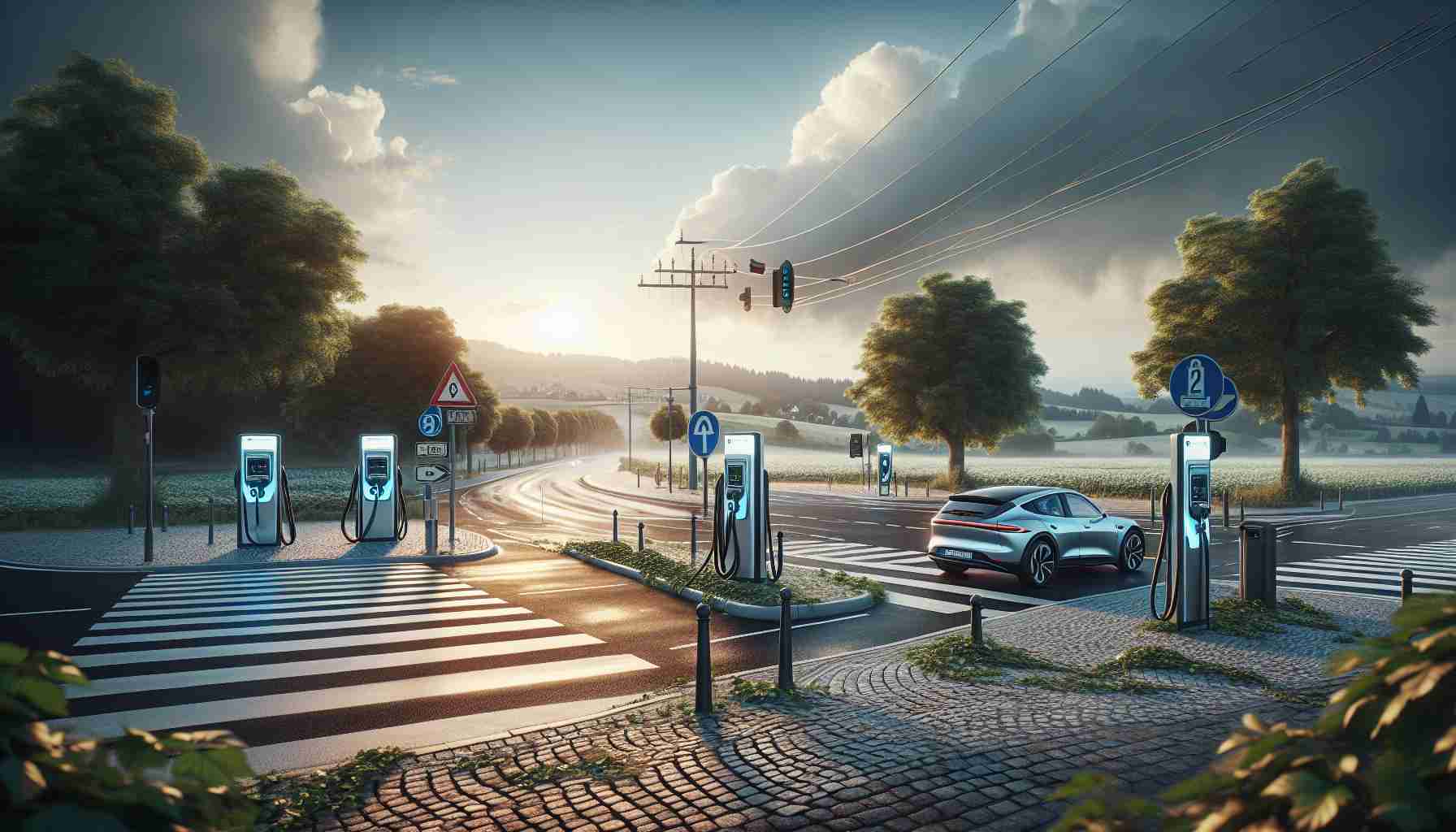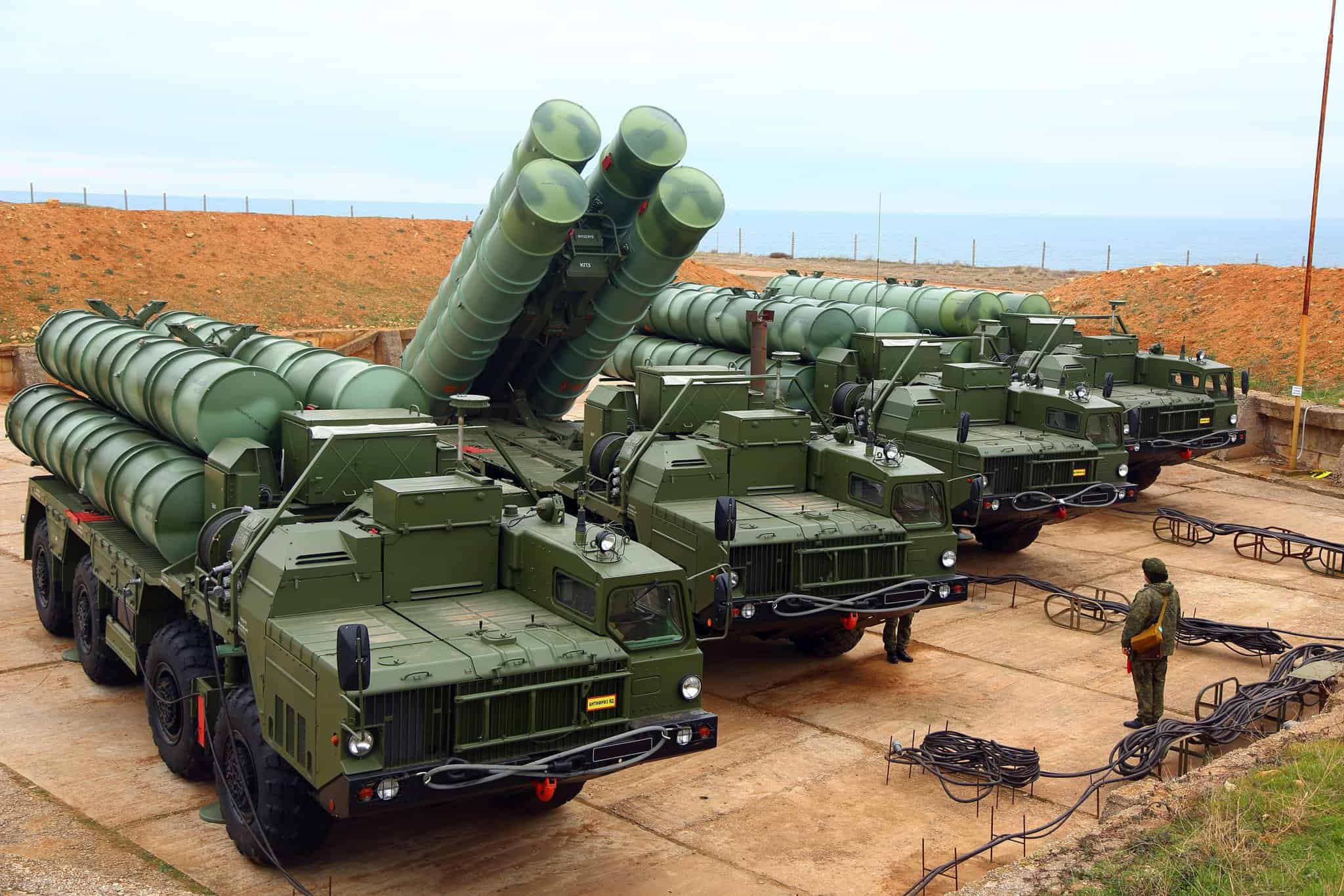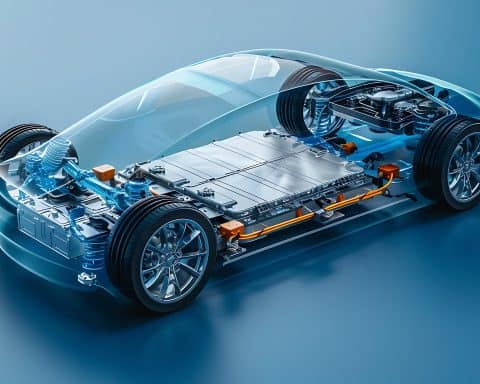In a significant setback for Europe’s electric vehicle ambitions, Northvolt, a key player in the continent’s battery industry, has filed for U.S. Chapter 11 bankruptcy protection. This development exposes the region’s struggle to compete with China’s established dominance in the EV battery market.
The Swedish startup, launched in 2016 with the mission to “make oil history,” had amassed over $10 billion through various funding avenues, including contributions from Volkswagen and Goldman Sachs, each holding significant stakes in the company. However, recent efforts to secure an additional $1.0-$1.2 billion through restructuring have fallen short, raising doubts about Europe’s aspirations to cultivate a self-sustaining battery industry.
Despite a wave of investments from European startups eager to supply the burgeoning demand for electric vehicles (EVs), Northvolt’s financial troubles highlight the challenges of achieving this ambitious transition. It suffered a major setback when it failed to deliver on quality and lost a substantial contract with BMW, a key player in the automotive market.
Industry experts emphasize the intricate nature of battery production and the technological lead of Chinese companies. China currently leads with 85% of global battery cell production, leaving Europe trailing in its wake. The challenges faced by Northvolt reflect broader issues within Europe’s battery sector, which has seen multiple projects delayed or canceled this year.
Some industry leaders urge Europe to enhance support for home-grown battery initiatives to counterbalance China’s stronghold. They warn that without strategic planning, Europe risks ceding control of the entire EV supply chain, compromising its future in the automotive sector.
Northvolt’s Bankruptcy: A Turning Point for Europe’s Electric Future?
The recent bankruptcy filing of Northvolt, Europe’s celebrated battery startup, has unveiled stark realities and potential shifts in the global electric vehicle (EV) market. As Northvolt seeks U.S. Chapter 11 bankruptcy protection, this raises important questions about the future landscape of battery production in Europe and how it may shape technological progress and sustainability initiatives on a global scale.
The Northvolt Conundrum: What Happened?
Established in 2016 with bold ambitions to transform Europe’s battery industry, Northvolt attracted substantial investments from global giants like Volkswagen and Goldman Sachs. Its goal was to compete with China’s formidable presence in battery cell production. However, financial struggles, such as the inability to secure an additional $1.0-$1.2 billion in funding and losing a critical contract with BMW, underscore a significant challenge: the complexity of scaling battery manufacturing to meet high industry standards.
Why Does China’s Dominance Matter?
China’s supremacy in battery production, controlling 85% of the global market, is more than a statistic; it is a demonstration of their technological and production prowess. This advantage presents a steep hill for Europe to climb. Europe’s dependency on imported batteries could hinder its ability to innovate within the EV sector, affecting everything from the automotive supply chain to energy policies.
Impact on Technological Development and Sustainability
The situation with Northvolt could serve as a wake-up call for Europe to rethink its strategies in the high-stakes world of battery production. Failing to establish a robust battery industry could lead to increased emissions if traditional, less efficient technologies continue to dominate. At stake is Europe’s ability to lead in renewable energy and sustainable transportation practices, both vital for combating climate change.
Interesting Facts and Controversies
– Did you know that Europe’s plans to become a leader in sustainable technology could falter almost entirely without a competitive battery industry?
– Controversially, some industry insiders suggest that Europe’s regulatory environment makes it challenging for startups like Northvolt to scale compared to China’s business ecosystem, which is often more flexible and supportive of rapid growth.
Advantages and Disadvantages
Advantages:
– Domestic battery production in Europe could reduce dependency on imports, ensuring energy security and creating jobs.
– A successful battery industry would position Europe as a leader in the transition to renewable energy and electric mobility.
Disadvantages:
– Competing with China’s established market can be capital-intensive and risky, as demonstrated by Northvolt’s struggles.
– Regulatory and infrastructure hurdles in Europe might slow down the pace needed to compete effectively on a global scale.
What Steps Can Europe Take?
Industry experts argue for increased governmental support and strategic investments in homegrown battery initiatives. Collaboration between nations and private sectors could boost innovation and drive competitive advantage. By enhancing education and skill-building in this domain, Europe can pave the way for a sustainable battery ecosystem.
For more insights on Europe’s industrial future and global battery technology advancements, visit CNBC and Reuters.













